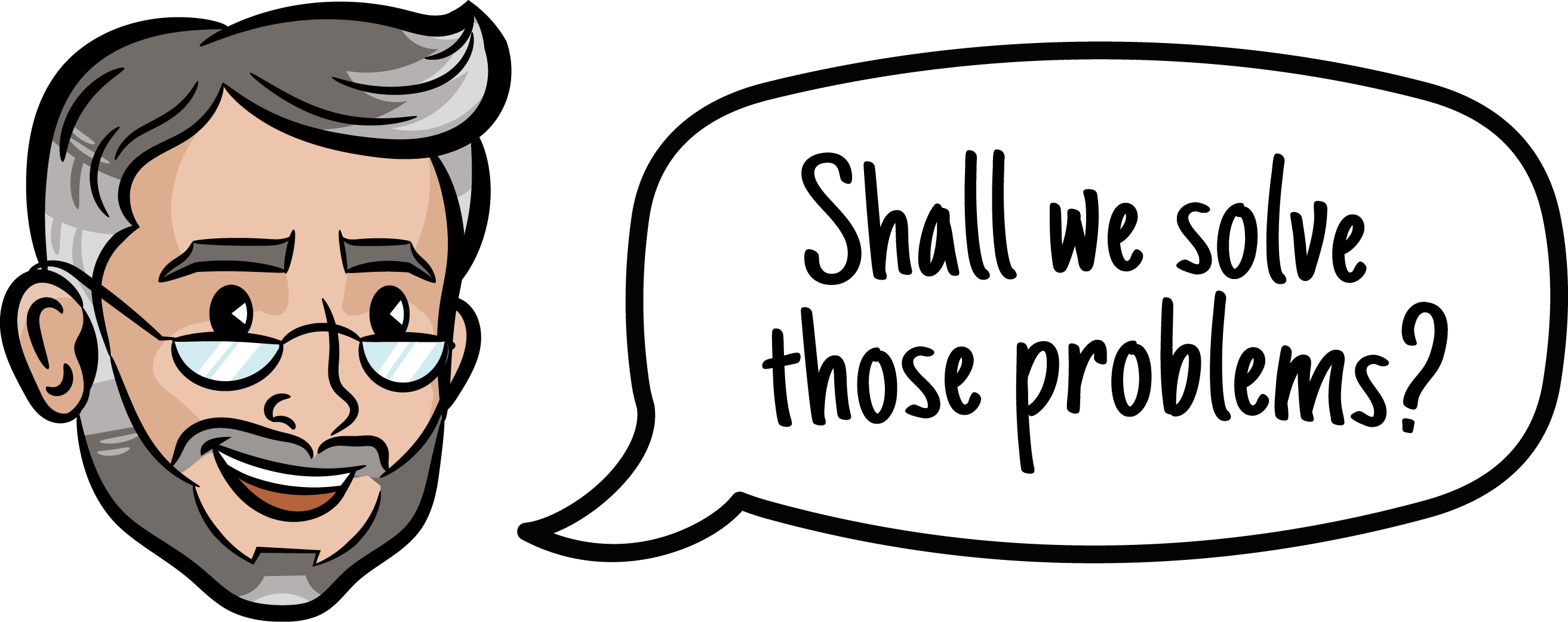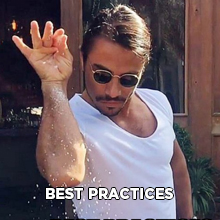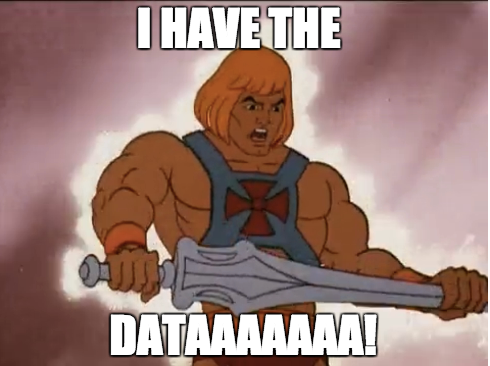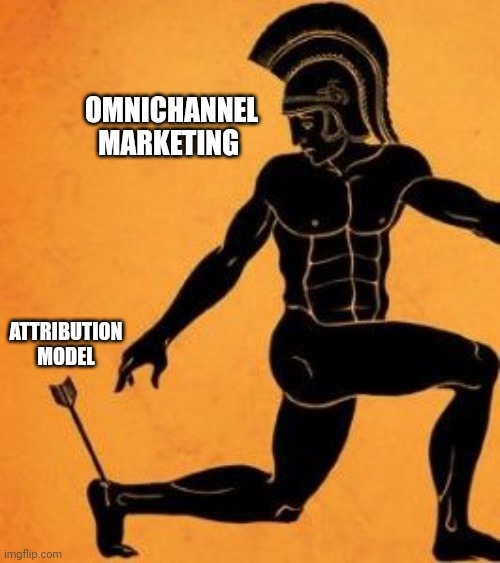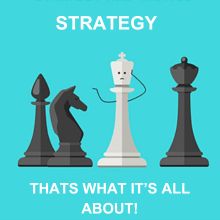
What is an Agency-Client Relationship?
Definition: An agency-client relationship is the partnership between a business (the client) and a marketing or service agency that offers expertise to help the client reach their goals. This relationship is based on trust, clear communication, and shared goals. The agency typically handles tasks like marketing, branding, design, and strategy, while the client provides direction, feedback, and resources. For the relationship to succeed, it’s important to have clear goals and work together throughout the process.
Example in a Sentence: The agency-client relationship thrived because both sides worked together to create a marketing plan that matched the client’s vision and goals.
Why is an Agency-Client Relationship Important?
1. Effective Communication
Clear and regular communication helps both the agency and the client understand each other’s expectations, making the project run smoothly.
2. Expertise and Innovation
Agencies bring specialized knowledge and fresh ideas to the table, offering ideas and strategies that the client may not have considered. These strategies can in turn, lead to innovative solutions.
3. Improved Results
When the agency and client are on the same page, the strategies they create are more likely to succeed. This leads to better results such as higher sales, more brand awareness, and increased customer engagement.
Achieving a Strong Partnership
Building a solid partnership is key to long-term success. It involves creating trust, keeping communication open, and working toward shared goals. When both sides collaborate closely, they can uncover new opportunities and drive success.
More Definitions: Organic Content Strategy Definition, Brand Extension Definition and Sponsorship Marketing Definition
Useful Posts: Tactics and Tips to Grow Your Leads and Optimizing Sales and Marketing Performance


